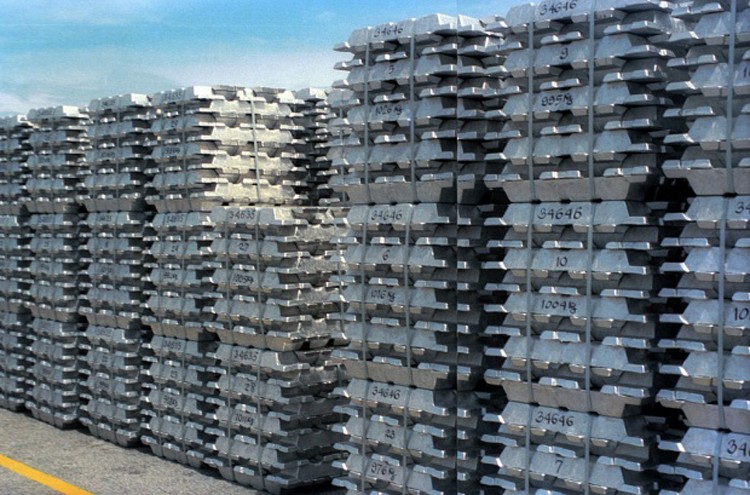Popular Reads
Top Results
Can't find what you're looking for?
View all search resultsPopular Reads
Top Results
Can't find what you're looking for?
View all search resultsInalum establishes mining research institute to speed up downstream development
Change text size
Gift Premium Articles
to Anyone
S
tate-owned mining holding company PT Indonesia Asahan Aluminium (Inalum) recently established the Mining and Minerals Industry Institute (MMII), a research center aimed at boosting the downstream industry to help meet the government’s goal of reducing imports.
Inalum president director Budi Gunadi Sadikin said besides bringing added value to the industry, the institute would also work as a lobby group to ensure sustainable mining policies.
“The MMII is also expected to improve human resources capacity in the [local] mining industry, so that it can better manage the mining industry and be environmentally friendly,” he said at the MMII inauguration event on Friday
To strengthen its position as a research center, the MMII has teamed up with several institutions, such as the research and development center of the Energy and Mineral Resources Ministry, five state educational institutions and the Massachusetts Institute of Technology Energy Initiatives (MITEI).
The five state educational institutions are the University of Indonesia, the Bandung Institute of Technology (ITB), Gadjah Mada University, the Sepuluh Nopember Institute of Technology and Cendrawasih University, which is located in Papua.
Inalum has appointed Ratih Amri, who previously worked as the corporate secretary for publicly listed nickel miner PT Vale Indonesia, to head the MMII as its executive director.
“As a first step, we will identify the issues [regarding the development of the] downstream [mining industry] that need to be researched. One of the research goals is to provide recommendations for the government for establishing mining regulations,” she told the press on the sidelines of the event.
Ratih believed the MMII would play a significant role in helping to realize the government’s downstream efforts, given that it has direct access to stakeholders, such as the government, universities and the mining industry itself.
Rudy Sayoga, a mining professor from ITB, expressed hope the new institute would help Indonesia follow the success story of Chile, the world’s leading copper producer that has created local-based downstream technology.
“Chile has its own smelting method that is suitable for the characteristics of its nickel ore, so it doesn’t have to use other country’s patents. […] To become the world’s leading player, we should able to influence the global price,” he said at the same event.
Prior the establishment of the MMIII, Inalum, through its subsidiaries, has been working on at least four downstream development projects, namely building an alumina smelter in West Kalimantan, coal gasification and other products in Riau, as well as the development of a copper smelter and on processing nickel into the raw material needed for electric vehicle batteries.
Coal gasification, which produces dimethyl ether (DME), has been a focus of the government, as DME can be used as a substitute for liquefied petroleum gas (LPG), of which 70 percent of the national demand is still imported.
“We need a detailed study about the economical aspect of the project. By doing so, we know what kind of incentive or policy needs to be issued to make it happen,” the ministry’s Mineral and Coal Director General Bambang Gatot Ariyono said recently.
There are two state-affiliated coal gasification projects, both of which are being carried out by PT Bukit Asam with a total investment of around US$5 billion. One is located in South Sumatra and the other in Riau with the expected operation dates 2022 and 2021, respectively.
Meanwhile, the smelter grade alumina refinery (SGAR) project in Mempawah, West Kalimantan, led by PT Aneka Tambang, has reached the evaluation phase for its engineering, procurement and construction (EPC) plan.
“[The project is] in the process of an EPC evaluation and we hope it can be kicked off soon. The earliest target [for operations] is 2021.” Antam president director Arie Prabowo Ariotedjo said recently.
The copper smelter, which will be operated by PT Freeport Indonesia, and the nickel smelter are the two downstream development projects that have progressed at a snail’s pace, as the former is yet to have an official location, while the latter has been hampered by technology issues.










